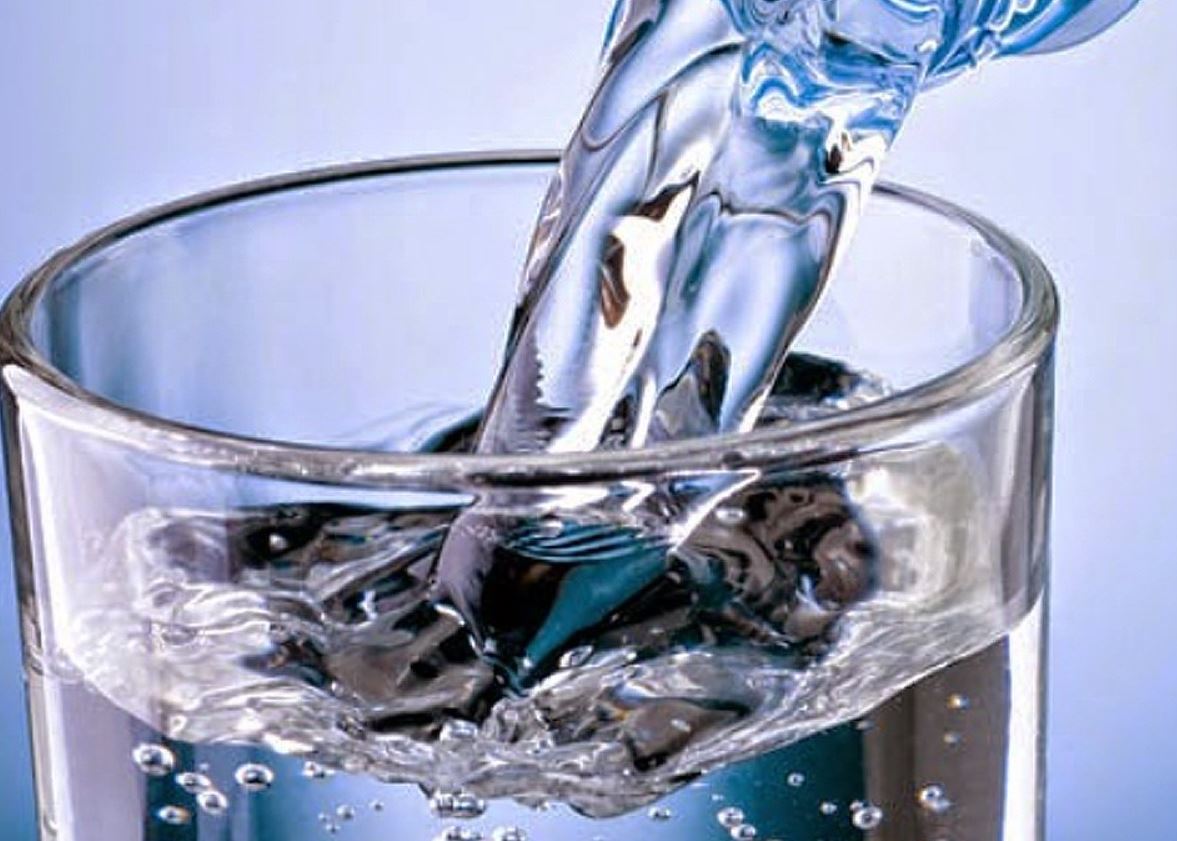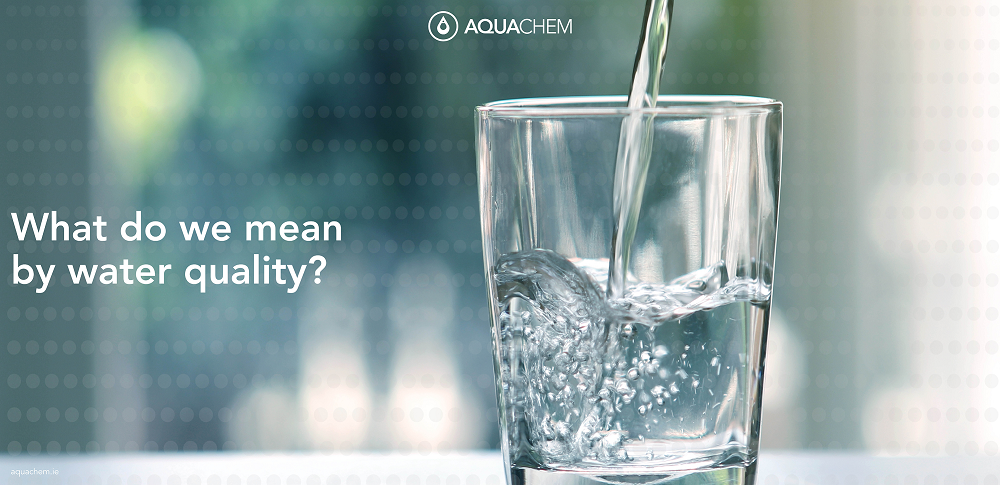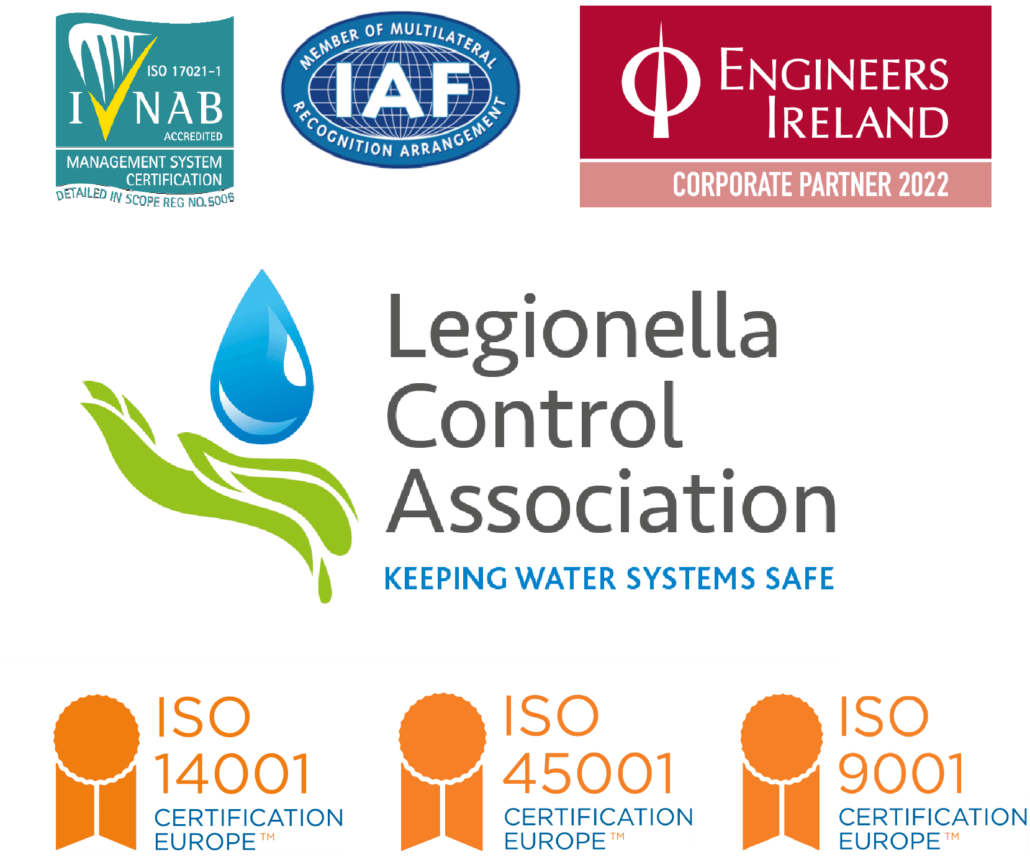Water quality refers to the chemical, physical and biological characteristics of water based on the standards of its usage.
For scientific purposes the following definition is most often used: Water quality is the ability of a water body to support all appropriate beneficial uses.
It is essentially a measure of the condition of water relative to the requirements of one or more biotic species and / or to any human need or purpose. The most common standards used to assess water quality relate to health of ecosystems, safety of human contact and drinking water.
______________________
Most people will associate water quality with drinking water and if it is fit for human consumption, if this is the case then it is a beneficial use to us and water quality is said to be good or unimpaired. If water does not support a beneficial use to us, water quality is said to be poor or impaired.
However, water uses are the ways in which water is used by humans and wildlife; drinking water and fish habitat are two examples, another example is that water suitable for drinking can be used for irrigation, but water used for irrigation may not meet drinking water guidelines.
There is no single measure that constitutes good water quality.
 Drinking water comes from two different sources; surface water and ground water.
Drinking water comes from two different sources; surface water and ground water.
Water from lakes, rivers and streams (surface water) will almost certainly have to be treated to make it safe to drink. Water from springs and boreholes (groundwater) may have to be treated, depending on the quality of its source.
Like many things in nature, water changes as the seasons change and with this several factors affect the quality of drinking water sources (raw water). This water needs to be treated to ensure it is safe for consumption, this is done by adding chemicals to it, and so even the purest water contains chemicals. Water quality studies focus on chemicals that are most important for the problem at hand. (e.g. In agricultural areas, studies measure chemicals found in manure, fertilizers, and pesticides. In an industrial area studies focus on measuring chemicals used by the nearby industries.)
Testing the water is how the quality can be checked, there are 4 categories which are checked when testing is being carried out;
- Bacteria and Protozoa
Bacteria and Protozoa are microscopic organisms that can survive in many environments. They usually enter the water supply when the source water (i.e. rivers, lakes, springs, etc.) becomes contaminated. Several species of Bacteria and Protozoa are pathogenic, meaning they can cause infection, disease, or illness in other living things.
Illnesses caused by Bacteria and Protozoa are often spread through drinking water, therefore testing drinking water for the presence of live Bacteria and Protozoa is essential to confirm it is fully disinfected.
- Chemicals
Chemicals are tested in drinking water to determine if they are present and, if so, are they within acceptable limits. Chemical parameters that are present in drinking water can be caused by a number of different issues. These include chemicals dissolving into water from pipes and chemicals carrying over from the treatment process. They can also be due to chemical reactions occurring between different materials in the water or even runoff from the environment.
- Metals
Metals occur naturally in the environment, some metals are essential for life and are available naturally in our food whereas others, such as Lead and Mercury, are not essential for life and can have negative affects on health. Copper is an example of a metal that is essential in your diet but is toxic at high concentrations. Metals such as Lead, Copper, and Nickel can dissolve into drinking water from pipes and fittings within your house.
- Other parameters
This parameter grouping includes all other tests not including Bacteria & Protozoa, Chemicals, and Metals. Testing for these parameters is required to signal if there is a potential problem with the water supply that requires investigation or that may point to a more serious problem.
Water quality has a significant impact on water supply and oftentimes determines supply options. Depending on its use, the water quality can be very different so make sure the quality of your water is suitable for your requirements.
Contact us if you want to find out more or talk to us about having routine sampling carried out.








